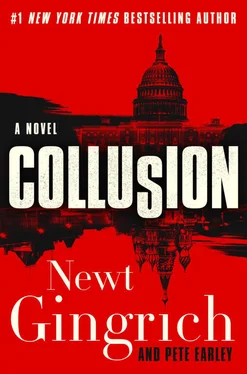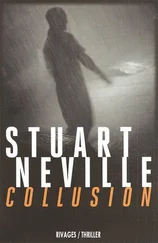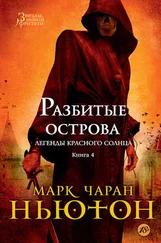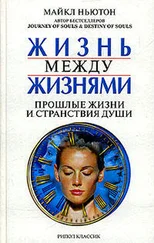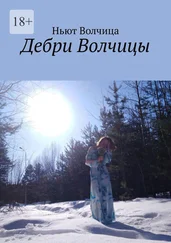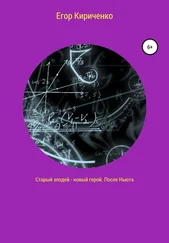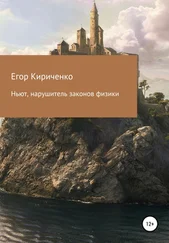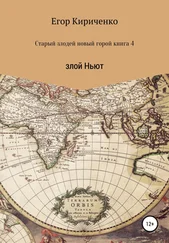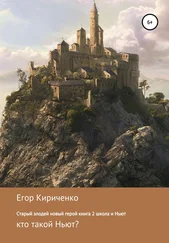Eriksson had gone out with a medical bag. A recent Christian convert, Abidemi, which translated to “girl born when father was away,” had accompanied her.
Eriksson, Abidemi, and Jesus wandered in the darkness. Outside the camp, they’d proven easy prey.
Now captive in a Boko Haram hut, Eriksson could hear Abidemi screaming nearby. Fourteen. Unlike the foreign NGO worker, Abidemi was not worth a ransom.
“Please, God, save us,” Eriksson whispered. “Please, send someone, Jesus, someone to save Abidemi and me.”
Current Day
Yakov Prokofyevich Pavel glanced pensively from his upper-floor window at the Ministry of Foreign Affairs of Russia, one of Moscow’s seven landmark Stalinist skyscrapers. It was Nikita Khrushchev who’d recalled Stalin’s words: “We won the war… foreigners will come to Moscow, walk around, and there are no skyscrapers. If they compare Moscow to capitalist cities, it’s a moral blow to us.” Stalin had demanded his architects build them. Posturing for the world. Necessary after World War II, even more so now. Stalin had asked for forty stories, but twenty-seven was as high as they could reach in 1953. His builders’ limited skills were a national secret—like so many others. Heavy steel frames with concrete ceilings necessitated a slab foundation that was more than twenty-two feet thick. Even with it, twenty-seven floors was the max. Pavel was on the twenty-sixth with its premium views.
Pavel had been told earlier this morning that General Andre Gromyko was coming. He spotted the general’s jet-black Mercedes-Benz S600 Pullman limousine—a gift from the Russian president—as it turned into the ministry’s circular driveway. When Pavel was a party member, no high-ranking Communist would have risked driving a foreign luxury car. But that was before.
The seventy-two-year-old Pavel remembered the past, unlike the junior diplomats scampering around him. Before the end of the Soviet empire, President Vyachesian Leninovich Kalugin had been considered a mediocre KGB agent at best, not considered particularly bright and with little potential for advancement. How then had such a man seized control?
Like so many of his fellow Russians, Pavel had welcomed the end of the old Soviet Union but had been unprepared for what had followed. A drunk Boris Nikolayevich Yeltsin had been swept into power only because of a single courageous act—standing on a Soviet tank defying the KGB’s 1991 aborted August coup. It had been Yeltsin who had first opened the corruption floodgates, permitting the looting of the country’s vast resources, giving birth to both the Russian mafia and money-grubbing oligarchs.
The Americans were not blameless. They had emasculated Russia, stripped it of its pride—declaring themselves the world’s only superpower—creating resentment. Looting Moscow became the new rule for the powerful.
Vyachesian Kalugin had seized the moment, tapped into the centuries of distrust. Fueling the bitterness, he’d taken advantage of a nationalistic wave, a need for restored pride. The old guard had badly underestimated him. The ambition. The ruthlessness behind the grin. His insatiable greed. A Russian Gordon Gekko with a gun. Not a literary symbolic wolf of Wall Street but a genuine wolf trained by the KGB. A bribe or a bullet. What man would refuse to kneel?
The Kremlin was now a kleptocracy. Western intelligence estimated Kalugin’s personal wealth at $80 billion, magically accumulated while being paid less than $200,000 per year on his government salary. Where were the cries of corruption? Where was the demand for an accounting? Critics were jailed or murdered. Others were fellow pigs feasting at the trough. Or, like Pavel, they remained silent.
President Kalugin had chosen a brutal lackey of limited intellect as his closest advisor. General Andre Gromyko’s military rank and chest filled with colorful medals were as fraudulent as his toothy smile and too-firm handshake.
A hurried knock on his office door snapped Pavel to attention. His secretary stepped in.
“The general and his aides have entered the lobby. Should I serve vodka or water with gas?”
“Vodka.” The one constant in Russia.
“Cookies?”
“You decide.”
A look of trepidation fled across her face. She was older and from a generation that remembered the dangers of the simplest, most innocent error. Pavel’s mother had once told him a story about when she had worked for Lavrently Pavlovich Beria, the brutal secret police chief and overseer of gulag labor camps. After the war, she’d been assigned to Beria’s secretarial typing pool. One day he’d entered and asked in his charming voice, “Girls, who typed a letter for me yesterday addressed to our party leader in St. Petersburg?” No one had raised a hand. Silence. “Come, girls,” Beria repeated softly, “I’ve lost my copy of the letter, and there is a small detail I need to recall.” A young typist stood and, when he asked, provided the missing detail.
Pavel’s mother had never forgotten what had happened next. Two men dragged the girl away. Beria’s mood had changed from pleasant to cruel. “You girls are to type letters. You must never read them.”
Brutality. Yet another constant. Another carryover from the past.
“Bring cookies,” Pavel said, moving from the window to his desk. He would not be standing to greet General Gromyko. A Beria still in diapers.
His secretary announced them. Gromyko paraded inside like a peacock with an attractive, much younger woman following him. Pavel glanced up from his desk. Neither offered a welcoming hand. Gromyko sat in a chair facing Pavel. The woman on a stool behind him.
“Yakov Prokofyevich, I’m sorry to report bad news,” the general announced, although his voice and facial expression registered no signs of sorrow. “Your daughter and son-in-law.”
Pavel’s jaw tightened.
“An unfortunate accident. Both are dead.”
Gromyko spoke with the empathy of a babushka dropping a hatchet across a chicken’s neck.
Pavel’s secretary entered with a silver tray that she placed on Pavel’s desk before excusing herself.
“When and where?” Pavel asked.
“They died serving our motherland. There is little else I can tell you. Both were chemists, were they not?”
His question was insulting.
“Honor graduates from MIPT, and both were working for you.”
“Ah yes, the Moscow Institute of Physics and Technology,” Gromyko responded. He glanced at the unopened vodka and sugar cookies. Leaning forward from his chair, he helped himself to a cookie. “A decent school, I’ve heard. If I recall, you graduated from the Moscow State Institute of International Relations, our Russian Harvard.”
Pavel didn’t reply.
“And yet here I sit,” Gromyko continued, glancing around Pavel’s office. “Your superior—a simple former KGB officer who attended the St. Petersburg Mining University, but for only a brief period. I found school rather unchallenging.”
Again, Pavel remained stone-faced.
Dismissively tossing half the cookie back onto the silver serving tray, Gromyko licked crumbs from his fingers and said, “Shall I assume you had no communication with your daughter and your son-in-law?”
“I was told their work required secrecy,” Pavel said.
“Always the clever diplomat. Your reply does not answer my question. When was the last time you spoke to your daughter?”
“I have not been in communication with her since she and her husband began working for you.”
“Come now, you’re a widower. Your only family is your daughter, her husband, and your grandson—Peter, isn’t that correct?—and not a word from any of them in two years?”
Читать дальше
